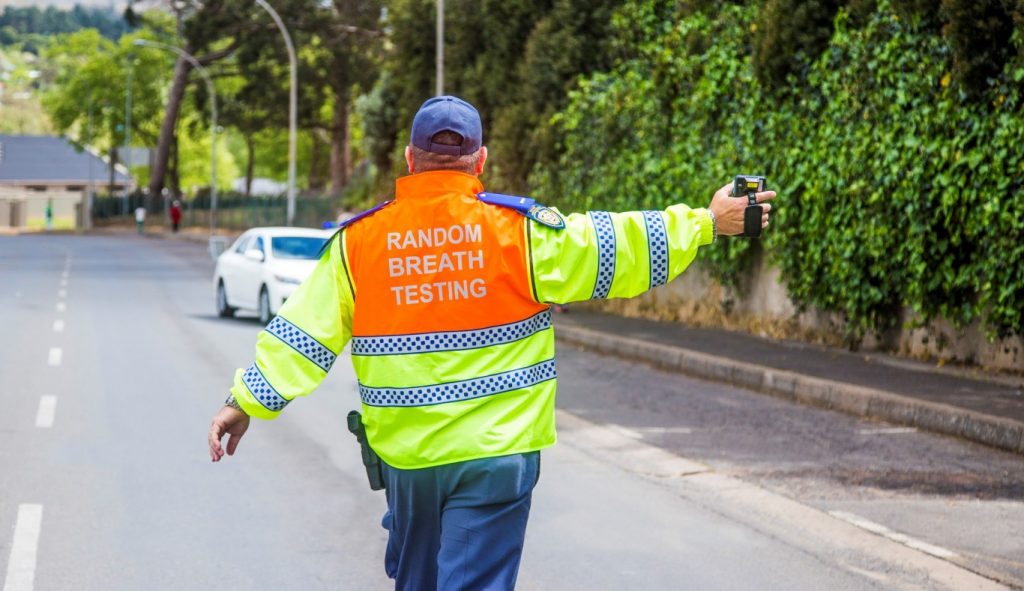The 2018 festive season figures that reflect drunk driving was the lead cause of accidents emphasizes more than ever why the proposed ‘no fault’ RABS system cannot be justified whatsoever.
This is according to Kirstie Haslam, partner at DSC Attorneys, who says that the clear increase in incidents of drunk driving over the festive season – despite the various initiatives undertaken by various authorities to attempt to curb them – underscores how blatantly unfair it would be to innocent road accident victims to receive little to negligible compensation for their often-time life-changing injuries, for the sake of rewarding drunk drivers for their illegal and reckless conduct on our roads.
Haslam, who has been actively involved in parliamentary debate surrounding the new system, adds that it also illustrates the probable unaffordability of the proposed system, as it would open the door to the vast number of drunk and reckless drivers who are presently (correctly) excluded from receiving compensation.
She says that the proposed ‘no fault’ public insurance Road Accident Benefit Scheme (RABS) bill that is now before parliament as a replacement for the current Road Accident Fund (RAF) will be a disaster for South Africans with regard to greatly reducing the compensation provided to road accident victims and their dependants.
The RAF currently compensates road accident victims who’ve been seriously injured due to accidents that they weren’t fully responsible for causing. In contrast, RABS is intended to be a “no-fault” system providing compensation to all individuals seriously injured in road accidents, regardless of whether those individuals were responsible for the accidents.
She says that this will result in drunk and negligent drivers who cause death or serious injury of other motorists, passengers, cyclists or pedestrians receiving benefits at the expense of the truly innocent accident victims (who will receive significantly reduced benefits, if at all).
Despite the unprecedented universal rejection of the RABS Bill by each and every opposition party, she says that two attempts were made to pass it into law in the National Assembly during the last week of parliamentary sessions in December 2018.
However, Haslam says that both of these attempts were defeated when all of the opposition parties left the chamber, resulting in there being no quorum and hence the vote could not be held.
“The Bill is fraught with numerous problems which have been identified and it is to be hoped that the introduction of the Bill will be seriously reconsidered in totality, once parliament resumes in February,” she adds.
